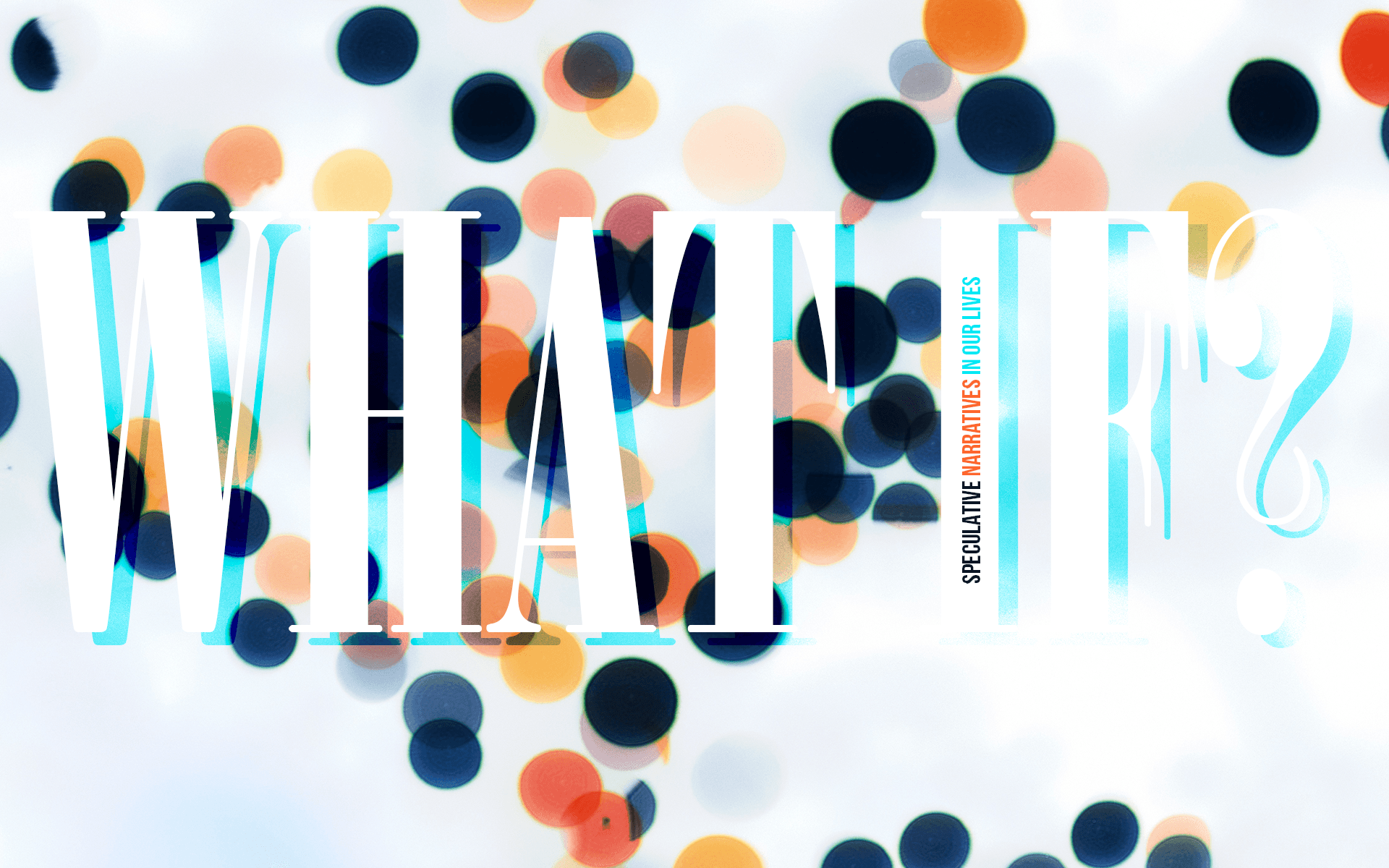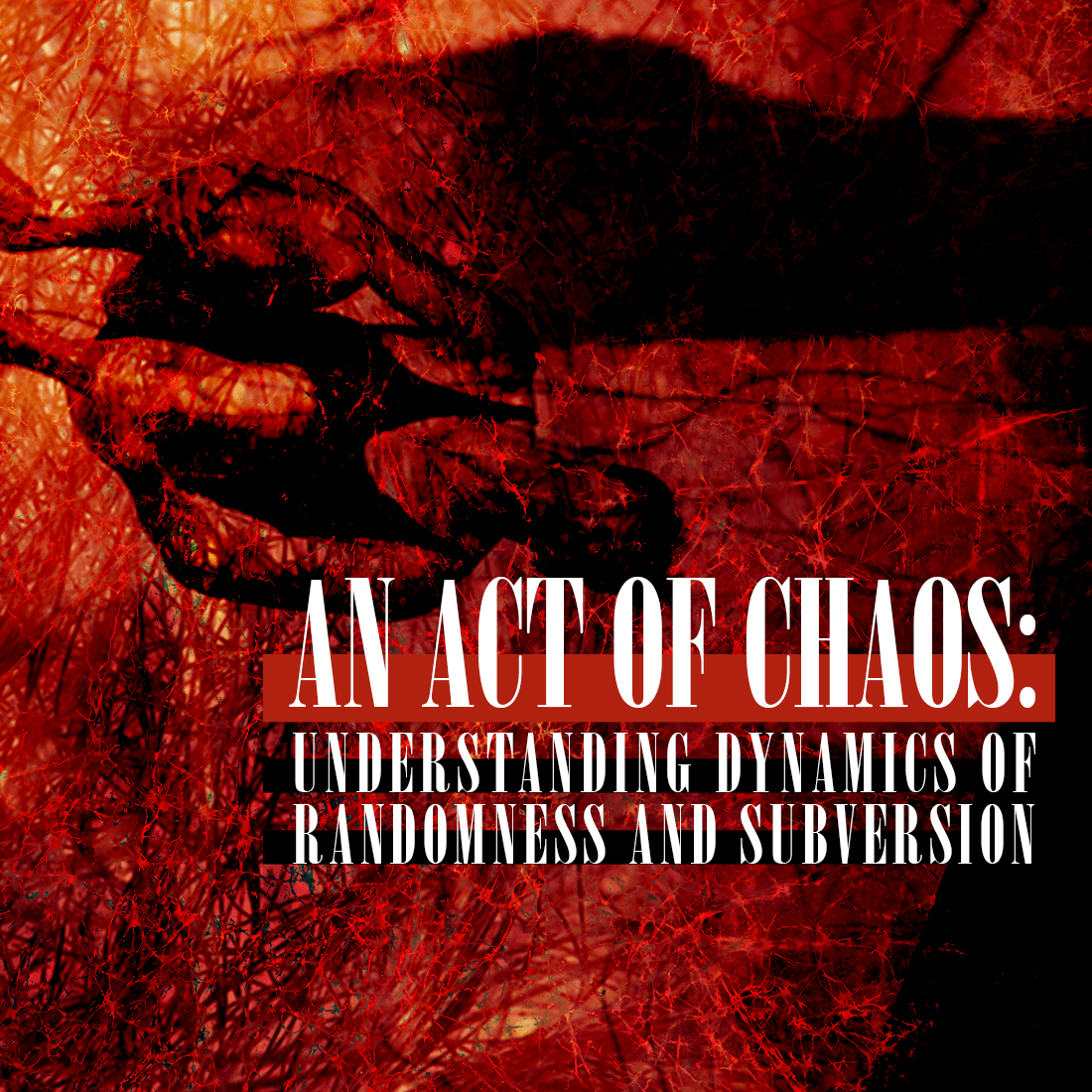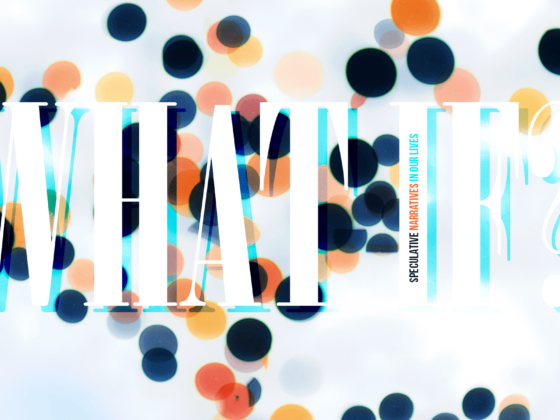NATALIE GALLAGHER
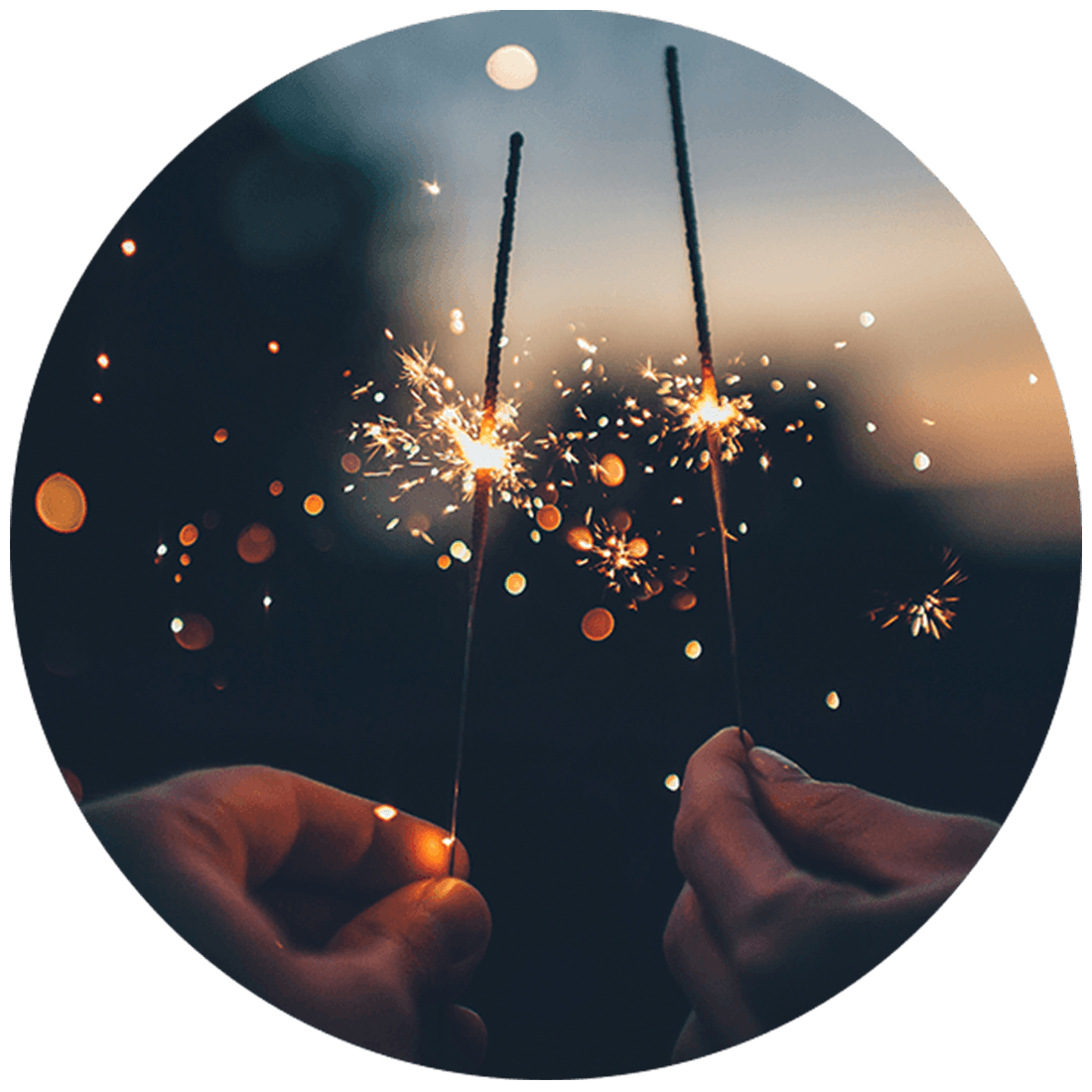
In this issue we have wide-ranging interviews with a variety of individuals — from a productivity guru to a history student, a psychology student to a yoga instructor, and even a rabbi! — about New Year’s resolutions and year-end rituals, wondering what are some of the speculative narratives that we tell ourselves and each other as we look to the future. In Part 1, we talk to a couple of graduate students about what resolutions, rituals, and reflections they have as the new year approaches.
Gwendolyn English is a graduate student studying neural networks in the Institute of Neuroinformatics at the University of Zurich and ETH Zurich. Before that, she was a Lieutenant with the United States Coast Guard and completed a master’s degree in mathematics and strategy at Stanford University.
Amanda Kleintop is a graduate student in Northwestern University’s history department, studying the American Civil War period and specifically policies around compensating slaveholders during emancipation. She is also the president of the Graduate Leadership and Advocacy Council. Prior to Northwestern, she worked in digital and public history.
Hi Gwendolyn and Amanda, thanks for making the time to do this interview!
Do you have any New Year’s resolutions you’d like to share?
Amanda Kleintop
So… no. I think once upon a time I did [make] New Year’s resolutions, and then I made ten of them at once, which was overkill because I didn’t do [any of] them. For things that [would] actually stick, I’m usually thinking about something for a very, very long time beforehand.
Gwendolyn English
[I tend to not] make goals that have a start date of January 1st. [So,] In the past, no, I’ve definitely not done them. However, I [did] last week write some goals that somewhat aligned with my thesis [on neural networks].

What is the significance — if any — of having a particular day in the year set aside for practices of reflection, rejuvenation, and goal setting?
Gwendolyn English
I think that large goals in my life tend to be triggered by either events or a desire for a dramatic life change. And those type of things don’t tend to happen on January 1st. So the bigger goals in life are more event-driven than clock-driven. The fresh start that I think a lot of people associate with January 1st, I associate with just [the] morning — which is great, because it happens 364 more times per year!
Amanda Kleintop
I think there is significance in [constructs] like that. To me, it’s always been more significant that it’s at this time of year — in the middle of a solstice time — where everything is dark and terrible and cold and you’re coming out the other side.
So I wonder if there’s something about having a New Year’s celebration on January 1st [and] New Year’s resolutions that are most likely to last until about March [that’s related to this time] when life kicks in again and spring happens. But I think a lot of that thinking has to do with the fact that I’ve been in Chicago for, now, five winters!
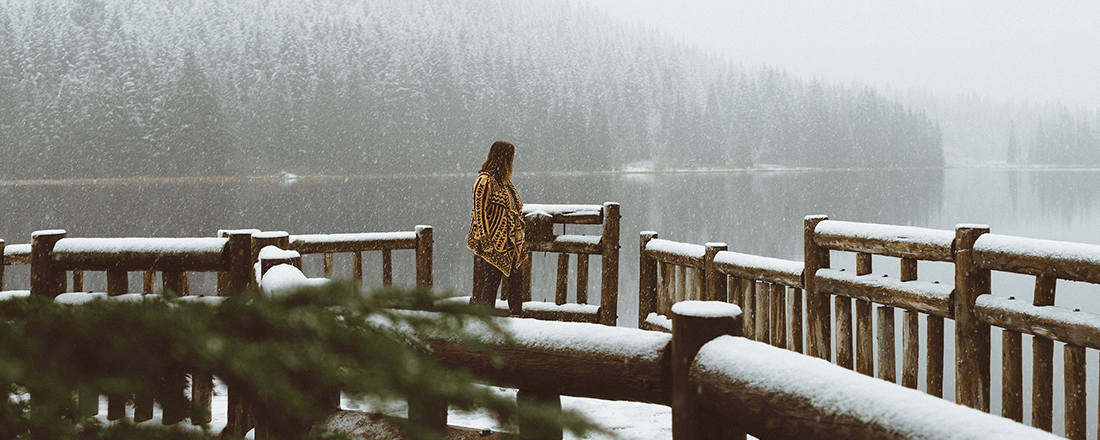
Does this concept of a new year — or, more broadly, time — determine how you look at goals and how you want to change your future self?
Amanda Kleintop
For me, it’s always been [more about] seasons — when the weather changes or the place changes or the geography changes is when I feel things start changing or when I see myself changing. But [years are] a very useful way of keeping track of different drafts of my dissertation chapters; organizationally very important! From a historic perspective — [and] again, from an organizational perspective — it’s how we understand everything.
But I don’t think we should conflate how we structure time with how we live in time. It’s the meaning behind those numbers and the chronology that we put to them that matters. When we look back at the new year, 2016 is so bad because of how many bad things happened. Even if 2016 and 2015 were both 365 days, it’s how we perceive of what happened — and how much of it — within these units of time that also really seems to matter to how we celebrate.
Gwendolyn English
Well, really all of my adult life has been broken into meaningful chunks. College; and then [a] post-college [of] two years working on a ship; then grad school; then D.C.; then here [in Chicago]. So the larger breakdown of time in my life, I suppose, tends to be location-driven — but the location is driven by the part of my life that I’m in.

How do you understand will-power and decision making? What makes the difference between a choice that sticks and a choice that doesn’t?
Gwendolyn English
[I think the difference between a choice that sticks and a choice that doesn’t is about] being accepting of minor failures. I mean, if there’s something that doesn’t go well early in the day, I feel as though I’ve wasted an hour, or I wanted to go for a run and I didn’t make myself [go, and] that can be a trigger that allows the rest of the day to not be as nice as it could. So just being forgiving for when that goal [you set] might not be along the perfect track.
Amanda Kleintop
All of those things [like mindfulness, ritual, reflection, and prayer] are what keep me from implementing goals, which is perhaps the reverse of a lot of people! It’s like… I have to just do it. Otherwise, it’s just compartmentalized away in like an “I’ll think about it later” self-reflection black hole.

What rituals surrounding the new year do you find most meaningful and helpful in creating a deeper sense of purpose and dedication to your resolutions?
Amanda Kleintop
For me, really sitting with the idea of it seems to be very important. I think it really just has to fit in — somehow — to what I do. Since I’ve been all-about-dissertation, I’ve implemented a lot of relatively good writing habits — but they’re habits that already worked for me. I write in the morning because I function better in the morning. I’m not actually changing anything about myself, intrinsically; I am changing a behavior or pattern slightly to mesh with a goal I have, which is finishing my dissertation.
Gwendolyn English
Well yea, coffee (chuckles)! I have a very routined morning and I really enjoy it. So it always starts with two cups of coffee, in bed, generally, reading The New York Times.
But I really like the morning time before the world is awake. I think I’ve come to really, really appreciate that, too, because I see that [this] isn’t something I was always able to have. When you work on a ship you can’t just wake up and enjoy that good coffee on the platform that’s not moving.
So, yes — the stereotyped morning coffee, followed by [a] morning run in the woods, and in that morning run in the woods, I always stop at the same place at the top of the hill. Which, on a good day, has a view over the Alps, and on a bad day, it’s just a winter wonderland [with] ice-covered trees. I just feel really happy right there. That tends to be the best part of my day; that moment on top. And I do it because I really enjoy it. So you make time for the things that you love.
Is there anything else you would like to add?
Gwendolyn English
Always remember that these big goals are really just the things that you fill your time with. I’ve made quite a few big life changes — and jumped around between different fields — [and] it’s very easy to feel as though I don’t belong, or as though I’m not a successful person within that field. [It’s important] not to let these overarching thoughts of success impede just doing [your work] every day. Which, in the end, is how you get there.
Amanda Kleintop
One anecdote I have [regarding] New Year’s was when I was told that there are quite a few African-American families I know who celebrate New Year’s as ‘Emancipation Day.’ January 1st, 1863 is when the Emancipation Proclamation came into effect. Also, there are different days that people mark [to commemorate] Emancipation Day. I remember being particularly struck by this one [anecdote] because New Year’s is also kind of a religious holiday. So when you add Emancipation Day plus New Year’s Day in a religious context, it [adds] on a bunch of additional meaning that I had not encountered [before] as a white American at all.
But I also think one of the important things in the lessons of Emancipation Day is looking at the different [calendar days that people celebrate.] So, like, the [D.C.] Emancipation Day is one wrapped up in policy, [with] a particular bill [that was passed on April 16, 1862] that abolished slavery in D.C. and also compensated slaveholders.
The second one is January 1st, 1863, which [was] as a result of a kind of policy — Lincoln’s proclamation, which had no force of law — [and] it was military [based], wrapped up with a religious holiday.
And the third, Juneteenth [Day, which is celebrated on June 19th, 1865], is really, as far as I know, based on oral history [of when the last enslaved person in Texas found out about Emancipation].
That’s why in some ways Emancipation [Day] makes a really good example because you have so many ways of knowing and ways of remembering wrapped up in it that it’s really hard to say that one [way of knowing or remembering change] is more [valuable or significant] than the other.
Thank you for sharing all your reflections and thoughts! Hope everyone had a great end to their year!

